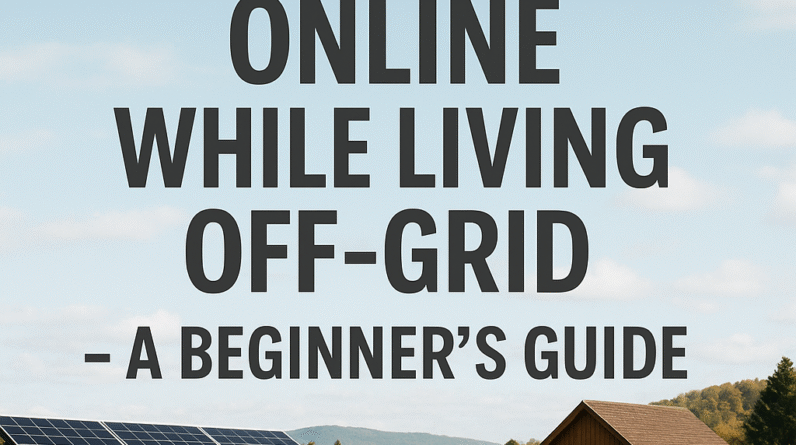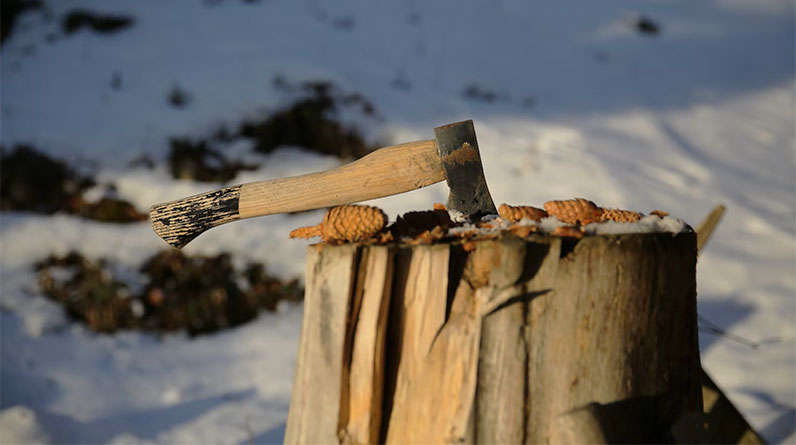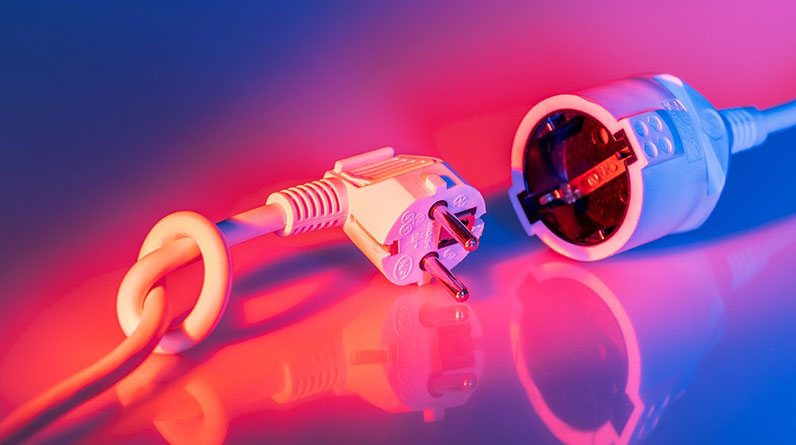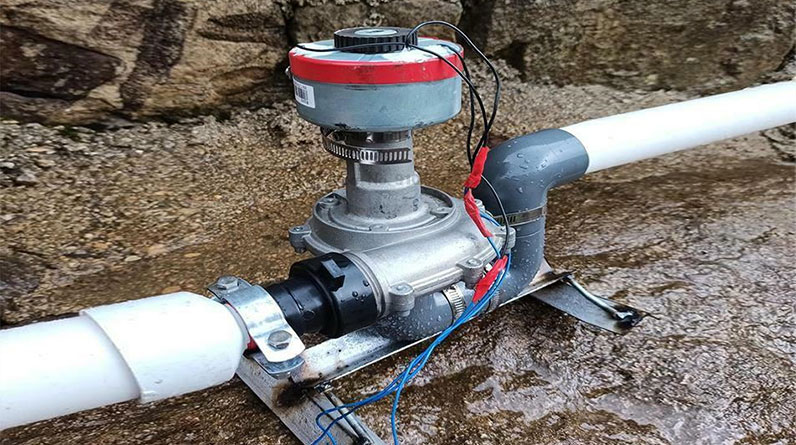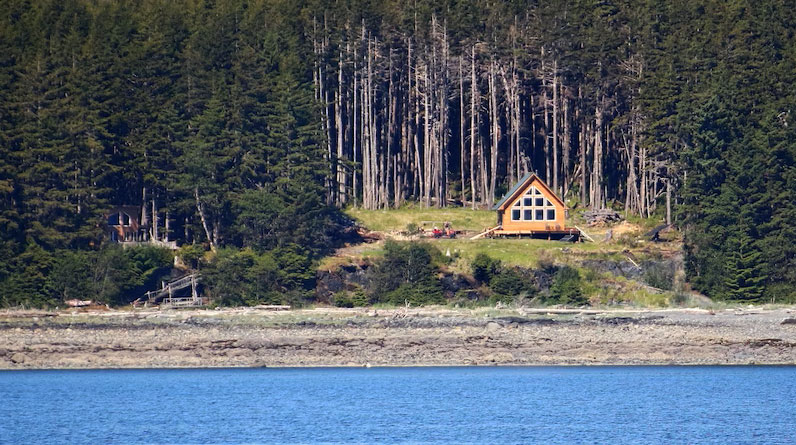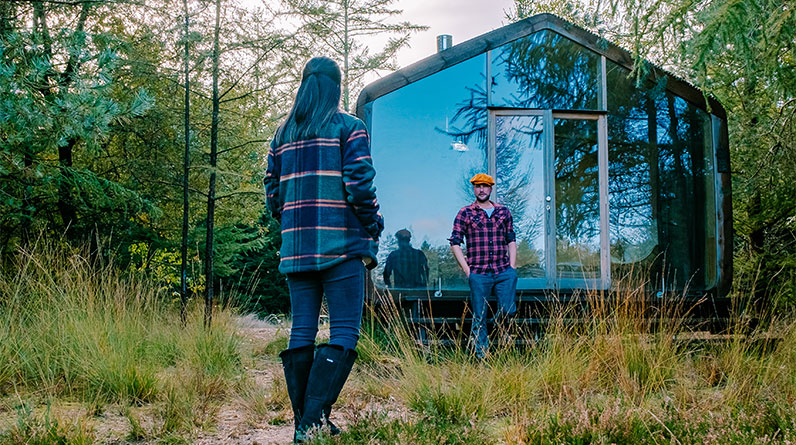
Is Living Off the Grid Right for You? A Complete Guide
Introduction: What Does “Off-Grid” Really Mean?
When you hear the term “off-grid,” what comes to mind? For some, it conjures images of a remote log cabin in the mountains, far from civilization. For others, it might mean a self-sufficient homestead with solar panels and a vegetable garden. But what does it really mean to live off the grid—and is it a lifestyle you could embrace?
At its core, off-grid living means disconnecting from public utilities—electricity, water, gas, and sometimes even internet and municipal services. Instead, off-gridders generate their own power, source their own water, and often grow their own food. It’s a lifestyle built on self-reliance, sustainability, and freedom—but it’s not without challenges.
In this guide, we’ll explore:
- What off-grid living really entails
- The pros and cons of this lifestyle
- How to transition to off-grid living
- Whether it’s the right choice for you
Why Do People Choose to Live Off the Grid?
People go off-grid for many reasons, and motivations vary widely. Here are some of the most common:
1. Self-Sufficiency & Independence
Many off-gridders want to reduce their dependence on external systems. When you rely on public utilities, you’re vulnerable to power outages, water shortages, and rising costs. By generating your own electricity and sourcing your own water, you gain control over your basic needs.
2. Environmental Sustainability
Living off the grid is one of the most effective ways to reduce your carbon footprint. Solar panels, wind turbines, and rainwater harvesting systems allow you to live sustainably without relying on fossil fuels or wasteful infrastructure.
3. Financial Freedom
While the initial setup can be expensive, off-grid living can save money in the long run. No utility bills, lower property taxes (in some rural areas), and the ability to grow your own food can significantly cut living expenses.
4. Escaping Modern Stress
City life can be overwhelming—traffic, noise, and constant digital distractions take a toll. Off-grid living offers peace, quiet, and a slower pace of life. For those seeking mental clarity and a deeper connection with nature, it can be transformative.
5. Preparedness & Security
Some choose off-grid living as a form of emergency preparedness. Whether concerned about economic instability, natural disasters, or societal collapse, being self-sufficient provides security.
How to Live Off the Grid: Key Steps
Transitioning to an off-grid lifestyle requires careful planning. Here’s a breakdown of the essentials:
1. Generating Your Own Power
The most critical aspect of off-grid living is energy independence. Common power sources include:
- Solar Panels – The most popular choice; requires batteries for storage.
- Wind Turbines – Effective in windy areas but needs consistent wind flow.
- Hydroelectric Power – Only viable if you have a flowing water source.
- Generators (Backup) – Useful but relies on fuel (gas, propane, or diesel).
Tip: Most off-grid homes use a hybrid system (e.g., solar + wind) for reliability.
2. Securing a Water Source
Without municipal water, you’ll need to find a sustainable supply:
- Well Water – Requires drilling but provides a consistent source.
- Rainwater Harvesting – Collects rain via gutters and storage tanks.
- Natural Springs or Rivers – Must be properly filtered for safety.
Important: Always test water quality and invest in filtration systems.
3. Managing Waste & Sanitation
Traditional sewage systems aren’t an option off-grid. Alternatives include:
- Composting Toilets – Converts waste into fertilizer (no water needed).
- Septic Systems – More traditional but requires maintenance.
- Greywater Recycling – Reuses water from sinks/showers for irrigation.
4. Growing Your Own Food
Self-sufficiency often means producing your own food:
- Gardening – Vegetables, fruits, and herbs can be grown year-round with greenhouses.
- Livestock – Chickens, goats, or rabbits provide eggs, milk, and meat.
- Foraging & Hunting – Wild edibles and game can supplement your diet.
Tip: Start small with easy-to-grow crops like potatoes, beans, and leafy greens.
5. Choosing the Right Location
Not all land is suitable for off-grid living. Consider:
- Zoning Laws – Some areas restrict alternative housing (tiny homes, earthships).
- Climate – Solar panels need sun; wind turbines need wind.
- Accessibility – Remote land may be cheap but hard to reach in emergencies.
Pros & Cons of Off-Grid Living
✅ Advantages
✔ No Utility Bills – Once set up, your energy and water are free.
✔ Freedom from Blackouts – No reliance on an unstable power grid.
✔ Lower Environmental Impact – Renewable energy reduces carbon footprint.
✔ More Privacy & Peace – Escape noise, crowds, and urban stress.
✔ Increased Self-Reliance – Learn valuable survival and DIY skills.
❌ Disadvantages
✖ High Upfront Costs – Solar panels, batteries, and wells require investment.
✖ Maintenance & Labor – Systems need regular upkeep.
✖ Legal Challenges – Some areas ban off-grid living or require permits.
✖ Limited Amenities – No instant hot water, high-speed internet, or easy shopping.
✖ Isolation – Remote living isn’t for everyone; medical help may be far away.
Is Off-Grid Living Right for You?
Before making the leap, ask yourself:
- Can I handle the physical work? (Gardening, repairs, hauling water)
- Am I comfortable with solitude? (Or do I need a nearby community?)
- Do I have the skills? (Basic carpentry, electrical, and plumbing knowledge help.)
- Can I afford the startup costs? (Solar systems and land aren’t cheap.)
If you’re unsure, try a test run:
- Rent an off-grid cabin for a month.
- Experiment with solar power or gardening at home.
- Attend off-grid living workshops or communities.
Final Thoughts
Living off the grid isn’t just about escaping society—it’s about creating a sustainable, intentional life. While it comes with challenges, the rewards—freedom, self-sufficiency, and a deeper connection to nature—can be life-changing.
If you’re considering the transition, start small, learn as you go, and be prepared for both the struggles and the joys of off-grid living.
Would you ever go off-grid? Share your thoughts in the comments!


